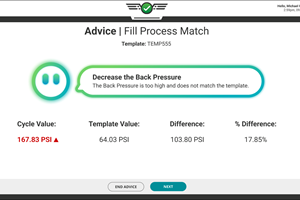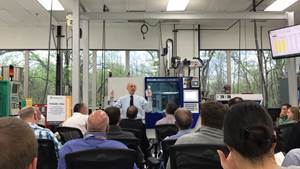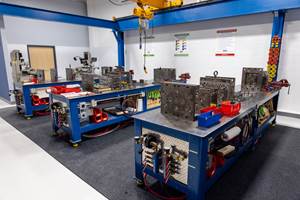Workforce Instability and How to Avoid It
How employers can support employees who live in economic instability.

Ruth Weirich, author and consultant at aha! Process
Unconscious bias about economic class often surfaces in the workplace. Your brain is on autopilot, based on how you grew up. Mindsets, habits, patterns, opportunities, and experiences are all shaped by the environment in which we experience our lives. Survival, achievement, and connections are also important. Can you live without a credit card and checking account? You have employees who do. Can you move in one day? You have employees who are masters at it. Do you understand the difference between the principal, interest, and escrow payments on your mortgage statement? The more we have experienced, the more versatile we are and the more we can contribute in the workplace.
Our entry-level, lower-wage workers (who often are living in survival mode) experience higher levels of personal instability, which leads to absenteeism, health problems, violations of workplace expectations, and communication conflict. Does this sound like one of your issues? Employees living in the tyranny of the moment focus on meeting their daily survival needs while management is thinking about tomorrow, planning, and focusing on achievement. The two mindsets collide at work, creating conflict.
How can employers support employees who live in economic instability?
First, understand the environment in which you grew up in and the environment from which your coworkers come from. By doing this, better relationships can evolve, which results in less turmoil.
Second, take a look at the policies, procedures, and benefits of the 大象传媒, and analyze which of them need revised to better accommodate employees living in instability. You are not lowering expectations in the workplace; instead, you are creating new pathways for 大象传媒 success. A good example is health insurance. You offer health insurance, but the deductible is so high that most of your entry-level employees can’t afford to use it.
If employees have lived in daily instability for generations, they may not know how health insurance works. Here are two ideas you might consider: 1) a class provided by a coworker, someone similar to themselves, on how health insurance works; and 2) depositing money during the first fiscal month of a year into employees’ flexible spending accounts so they can afford to use the health insurance benefit. This is a direct financial incentive.
Third, create relationships of mutual respect with your entry-level, lower-wage employees. Ask about their families, listen to their stories, and share lunch together. Once employees know they are respected, they will have your back. Since these employees make decisions based on relationships and survival, this is a key component in driving retention.
These three ideas simply scratch the surface of what your 大象传媒 can to avoid workforce instability. It starts with pre-hires and moves on with promoting employees from within. Use these opportunities to grow your brand, improve morale and productivity, and watch your profitability increase.
About the Author: Ruth K. Weirich , MBA is an author, trainer, and management professional experienced in 大象传媒 operations efficiency and profitability. She is also a past president of aha! Process, an education and training company specializing in economic class issues. Contact: rkweirich@ahaprocess.com; .
Related Content
AIM Institute Continues to Grow Plastics Education and Training on 10th Anniversary
The AIM institute was created in response to the rising need for skilled injection molding professionals, providing individuals with a fundamental understanding of plastic rheology and plastic flow through a mold.
Read MoreSmart Assistant Bridges Injection Molding Skills Gap
NPE2024: MAX the Process Advisor, as well as free presentations and training by RJG Inc.
Read MoreThe Experience Curve and Well-Trained Process Technicians
Pairing external big picture training with internal job-specific instruction can help your process technicians meet quality expectations as well as production targets.
Read MoreAmerican Injection Molding Institute Opens Mold Maintenance Classroom
The Beaumont subsidiary has opened the Mold Maintenance Center of Excellence classroom at its Erie, Pennsylvania, headquarters.
Read MoreRead Next
Lead the Conversation, Change the Conversation
Coverage of single-use plastics can be both misleading and demoralizing. Here are 10 tips for changing the perception of the plastics industry at your company and in your community.
Read MorePeople 4.0 – How to Get Buy-In from Your Staff for Industry 4.0 Systems
Implementing a production monitoring system as the foundation of a ‘smart factory’ is about integrating people with new technology as much as it is about integrating machines and computers. Here are tips from a company that has gone through the process.
Read MoreBeyond Prototypes: 8 Ways the Plastics Industry Is Using 3D Printing
Plastics processors are finding applications for 3D printing around the plant and across the supply chain. Here are 8 examples to look for at NPE2024.
Read More












